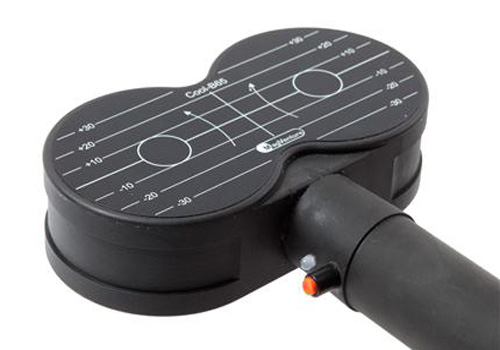Are you suffering with depression?
Depression is an illness that affects more than 350 million people of all ages around the globe. It is the leading cause of disability in the world today and it transcends all ethnic groups and backgrounds. Depression occurs in 1 in 10 adults of the population in Britain at any one time. Post-natal depression affects up to 15% of post-partum women.
Only 20% of people suffering from depression actually go to their doctor with an emotional problem. The vast majority of those complain of nonspecific symptoms such as headache, tiredness or vague muscle or abdominal pains. Depression is linked to many other physical illnesses (heart conditions, accidents, thyroid problems, chronic pain etc) as well psychiatric illnesses (schizophrenia, post traumatic stress disorder).
The Symptoms of Depressions
If you suffer from depression or you know someone that does, you will know that depression can affect both the body and mind. It can affect your emotions, thoughts and actions and it can take over and stop you from getting help.
People suffering from depression can experience some or all the following symptoms:
- Low mood
- Feeling tired
- Loss of pleasure or interest
- Hopelessness
- Helplessness
- Lack of appetite
- Poor concentration /memory
- Reduced confidence
- Guilt
- Changes in sleep including insomnia or oversleeping, intense dreaming
- Changes in appetite and weight
- Suicidal ideas
- Anxiety
- Lack of emotions
The following video by the world Health Organisation describes most classic recurrent depression. Different people may experience depression in different ways.
Symptoms of depression and anxiety can overlap.
As the brain gets more tired other areas of the body may get affected and symptoms of psychosis may start.
Suicide results in an estimated 1 million deaths every year worldwide and in 2011 there were more than 6000 suicides in the UK, depression playing a big part in this.
It remains the most common cause of death in men under the age of 35. Suicidal thoughts are a symptom and can improve and disappear when you treat the underlying depression.
Treatments for Depression
There are several treatments for depression. Combination of those treatments can prove to be the best way forward.
The treatments available include:
- Self help
- Psychological therapies (talking therapies) like CBT
- Medication that includes antidepressants, anxiolytics, mood stabilisers and sleeping tablets
- Complimentary therapies
- Support in the community
- Hospital admission
- Electroconvulsive Therapy ECT
- rTMS Transcranial Magnetic Stimulation
Sleep and nutrition are very important
Investigations for physical health may help to explain some symptoms
rTMS for Depression
rTMS is an effective alternative to medication for the treatment of mental health issues. Non-invasive & long last, effective treatment. rTMS depression treatment.
Which type of depression is indicated for rTMS?
Depression of any severity, including severe depression.
Treatment resistant depression that has not responded to antidepressant medication.
Intolerance to side effects of antidepressant (weight gain, Sexual side effect, sleep problems, etc).
Post-natal depression, including women who wish to breastfeed and avoid transmission of antidepressants medication to the baby through the milk.
Those who do not wish to have ECT (electro-convulsive therapy).


